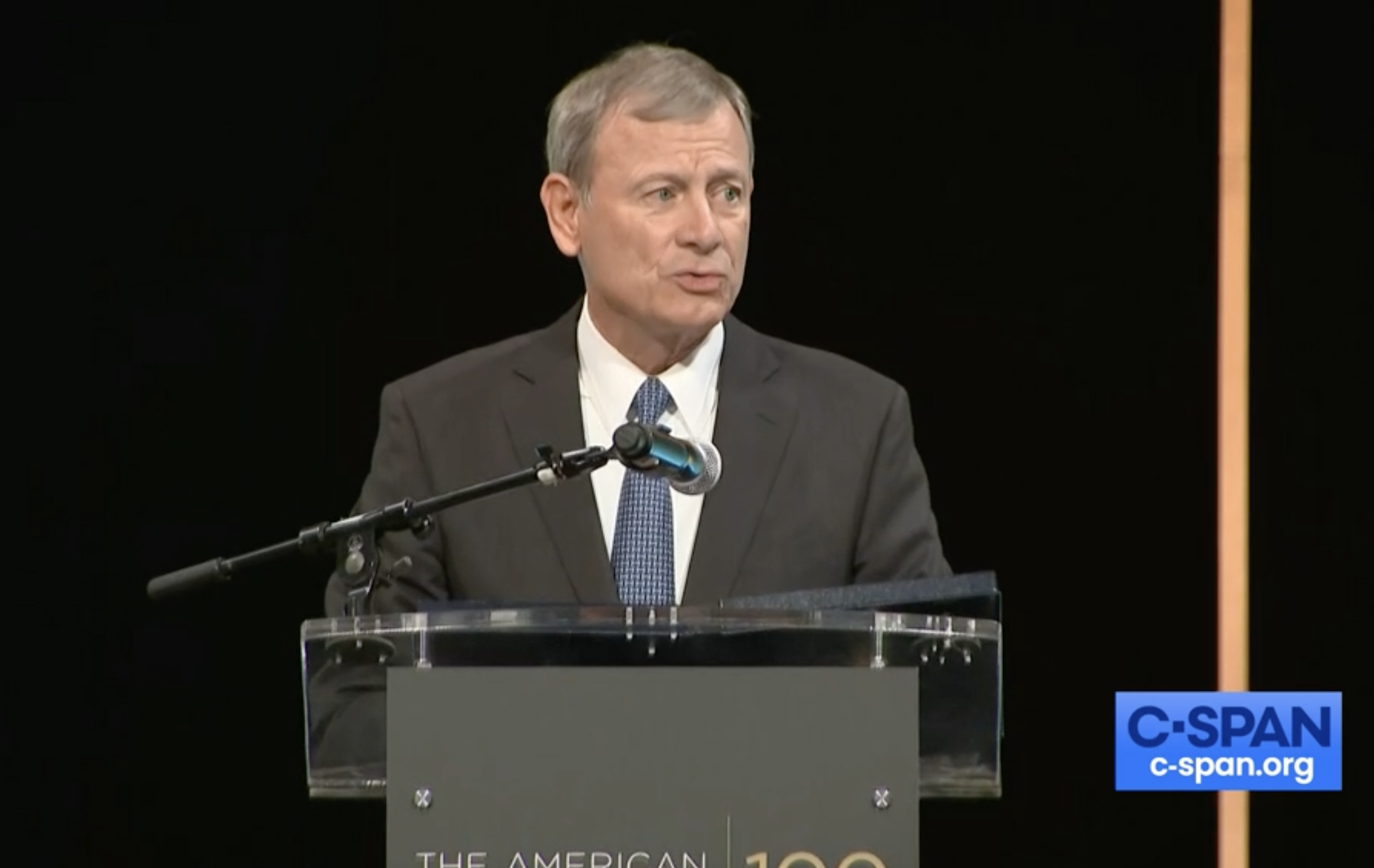Running List of (Minor) Changes and Potential Changes to SCOTUS Ethics Practices This Year
These are all very minor but worth compiling in one location:
— Jan. 17: Chief Justice Roberts files the first ever periodic transaction report from an active justice, noting two stock sales, which is then posted in an online database. The PTR requirement, along with the creation of the database, comes from last year’s unanimously passed and President Biden-signed Courthouse Ethics and Transparency Act.
— March 14: The Judicial Conference, which under federal law administers the financial disclosure reporting provisions for the Supreme Court and the lower courts, clarifies a rule stating that judges and justices must report on their disclosures free travel on private jets and yachts (i.e., “transportation that substitutes for commercial transportation”), gifts offered on commercially owned yachts (i.e., those “extended at property or facilities owned by an entity”) and free stays at resorts and other commercial properties.
— April 25: The Court’s Statement on Ethics Principles and Practices did nothing and changed nothing; only including it so we don’t get emails saying we forgot about it.
 — May 23: While receiving an award from the American Law Institute, Chief Justice Roberts says (at 28:17; pictured at right), “I want to assure people that I am committed to making certain that we as a court adhere to the highest standards of conduct. We are continuing to look at things we can do to give practical effect to that commitment.” The “things” being looked at were not specified, however.
— May 23: While receiving an award from the American Law Institute, Chief Justice Roberts says (at 28:17; pictured at right), “I want to assure people that I am committed to making certain that we as a court adhere to the highest standards of conduct. We are continuing to look at things we can do to give practical effect to that commitment.” The “things” being looked at were not specified, however.
— June 7: Seven justices’ financial disclosure reports are posted online by the judiciary for the first time ever, in the new database. Justices Thomas and Alito requested extensions.
— June 15: Chief Justice Roberts’ amended 2021 disclosure, noting his wife Jane’s equity stake in Macrae, the legal recruiting firm where she’s a partner, is posted on the disclosures database, the first such amendment to be posted (his expected 2019 and 2020 amendments noting similar information are not out yet).
— July 11: The Court’s statement released to the Associated Press implies that Justice Sotomayor should have recused in petitions (at least three) involving her publisher. FTC has for years held that she and Justice Gorsuch should not sit on Penguin Random House petitions, even in cases when PRH has waived its right to respond.
— July 11: That same statement notes, “Chambers’ conflict check procedures have […] been changed,” implying (note the s-apostrophe in “chambers”), an upgrade in the way all the justices check for conflicts. FTC’s request to SCOTUS for more specificity has gone unanswered.
— July 13: During an appearance at the Eighth Circuit conference, Justice Kavanaugh confirms reports that the justices are still looking at amending internal ethics protocols. “We’re continuing to work on that as a group, and that’s accurate,” he said, without elaborating.